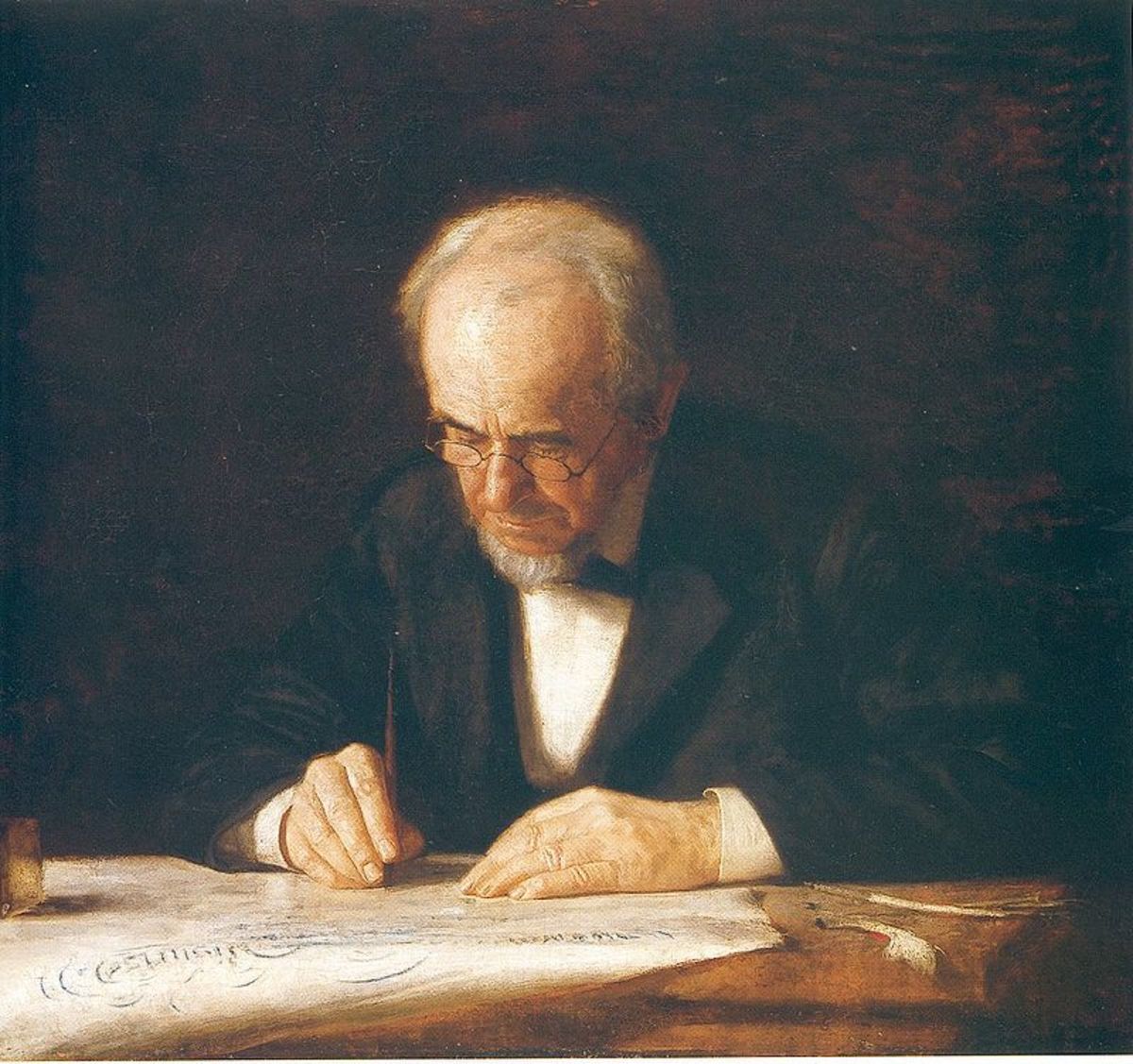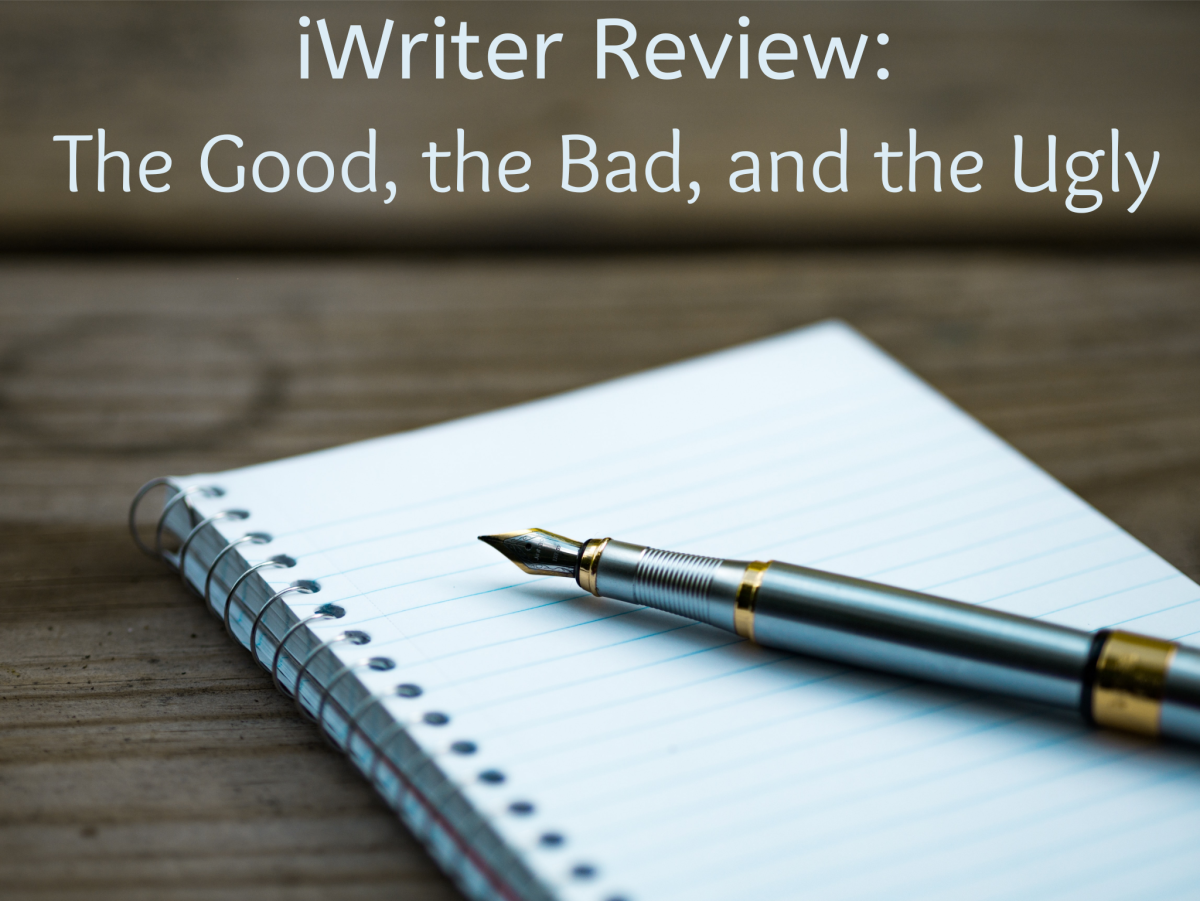A Writers Worst Nightmares: Rejection and Fear of Judgement
And from My Lovely Friend Lea
Actually, my worst nightmare is not being able to write, but that’s a topic for a later article.
Lea sent me a note asking me to cover this subject, and what Lea wants, Lea gets. Here is her note:
I had a horrible experience with a publisher who wanted to see the first few chapters of a book I was working on. he was very interested...The phone call and the letter that followed really traumatized me. My poor husband took me out to eat and I sat there in the restaurant bawling my head off. Maybe you could share something about how a writer can avoid PTSD when trying to recover from such demeaning letters from editors. My girl friend suggested I frame the letter.
On a similar topic I received this note from Stephanie:
How about how to silence your inner critic to allow creativity to flow without fear of judgment?
So there you have the genesis for this article. Let’s talk about silencing the inner critic and surviving the outer critics during our writing career.

First, a Preface of Sorts
Well, maybe not a preface, but I always wanted to write a preface so that’s what we are going to call this.
Let me start with this question: why do you write?
Take a few moments and give that some thought. Go ahead, I’ll wait.
Okay, now, what was your answer? Do you write to make money as a freelance writer? Do you write because it is a passion of yours? Do you write as a form of communication and to share your thoughts?
The two comments mentioned above were written by two friends of mine, and I happen to know that they write from a joy of writing. Yes, they also write to inform, but deep down inside of them there is a hunger for the written word, and perhaps that is why their comments register on an emotional level. Writing is a part of who we are. When we finish an article or a book, a part of us is in that work. We have opened ourselves up for scrutiny by publishing; sometimes the scrutiny comes from others and sometimes, as Stephanie mentioned, the scrutiny comes from ourselves. Whatever the case may be, the scrutiny is not unlike being dissected in middle school science class. Either we, or others, will hold the scalpel above our prone form and begin making incisions into the body of our work. There is no anesthetic for this process. It can be exhilarating or it can be painful….or both…..but as a writer it is necessary.
The Dreaded Rejection Letter
Nobody likes to be rejected. Period! If someone says they enjoy that process then I want some of whatever it is they are smoking. I didn’t like being rejected by a pretty girl in high school and I don’t like being rejected by a pretty publisher today.
As writers we put our heart and soul into our work. We spend hours crafting the perfect article, or we spend months pouring it all out in the form of a novel, and then some bleep has the nerve to tell us our work is crap. How dare they? How can they be so cruel?
Here’s the thing regarding rejection: it is not personal. It may seem personal to you, but to an agent or publisher it is completely objective and non-personal. These people receive literally thousands of query letters each month. From those thousands they might pick five to follow up on, and from those five they will pick one to pursue. The odds against success are staggering, and the sooner you grasp that fact the better.
I am not Ernest Hemingway. I will be rejected. I am an unknown in the writing field. I have never been published by a major publishing firm. As such I am a wild card to them. I am a risk. I am asking them to take a flyer on an unknown author with very few credits. Looking at it from their point of view, it is not surprising that I am rejected, and it should not surprise you either.
Come to think of it, Hemingway was rejected.
One thing is certain, though: if you do not try then your chances are zero, and I don’t like those chances.
In the case of Lea’s rejection, the good news, and this is good news, is that the publisher actually cared enough to contact her and speak to her. That means her work was good enough to be noticed and believe me, right there she beat the odds. Most rejections come by way of a form email. Some rejections never come at all but are just rejections by silence. To actually receive correspondence from a publisher asking for the first chapter is fantastic news. It means you are very close to breaking through and it should be considered a victory.
If you receive negative comments on an article you have written, it’s just part of the territory. We communicate to our audience through our article; they communicate in return, and there is no guarantee they are going to like what we wrote.
Oh well! There are 7.2 billion people on this planet. We can’t possibly please all of them.

The Inner Critic
This is the toughest critic of them all. He resides inside of us, that quiet whisper in the dead of the night that says we don’t have what it takes. Those little voices that tell us we are mediocre at best and will never be good enough. Or, as Stephanie mentions, those recriminating echoes that pick upon our carcass like buzzards on carrion.
Writing is personal. Even if it is not about a personal topic, it is personal because it comes from us.
Allow me to use myself as an example. A couple months into my writing career I made the decision to write about my alcoholism. Now I have to tell you, there is nothing pleasant about opening yourself up and declaring to the world that you are a drunk. I’m not sure if you can relate. Maybe you can. Maybe you have an eating disorder, or you were abused as a child, or you are a prescription drug addict. These are major issues, and they are issues that the public will judge us on. I wish it were not so but it is. And I knew this when I made my decision, but still I proceeded and announced to God and all living creatures that I was an alcoholic….and then I waited….and the most miraculous thing happened.
People embraced me. They applauded me. They thanked me….and in doing so they uplifted me.
Listen, there will always be people who are more than willing to judge us. I will tell Stephanie and I’ll tell all of you….nobody can hurt me as much as I have hurt myself during my life, and I suspect many of you can relate to that sentiment. As far as I’m concerned, take your best shot. Judge me if you are moved to do so, but be damned sure your home is not constructed of glass when you do so. J
Since that time I have received countless emails from other alcoholics thanking me for helping them. Do you have any idea what kind of rush that is, to know that your words have helped another human being who was struggling with an issue?
Today I lay it all on the line and I encourage you all to do the same. We are all human beings. We share so many emotions, and we share so many trials during life. I promise you that if you take a chance that you will be welcomed by most. The ones who do not welcome you can go suck an egg.

So There You Have It
My two bits worth if you will. I want to thank Lea and Stephanie for great suggestions, and I want to thank all of you for taking the time to read this message.
If you have a passion for writing then you will overcome. The passion will be strong enough for you to put on some blinders and boldly move forward with your writing. You will accept rejection as a learning tool, and you will silence the inner critic and continue to perfect your craft. There are no shortcuts in a writing career and there are no soft landings. Take your lumps, keep fighting, and remember to embrace this gift you have been given.
2013 William D. Holland (aka billybuc)
“Helping writers to spread their wings and fly.”










